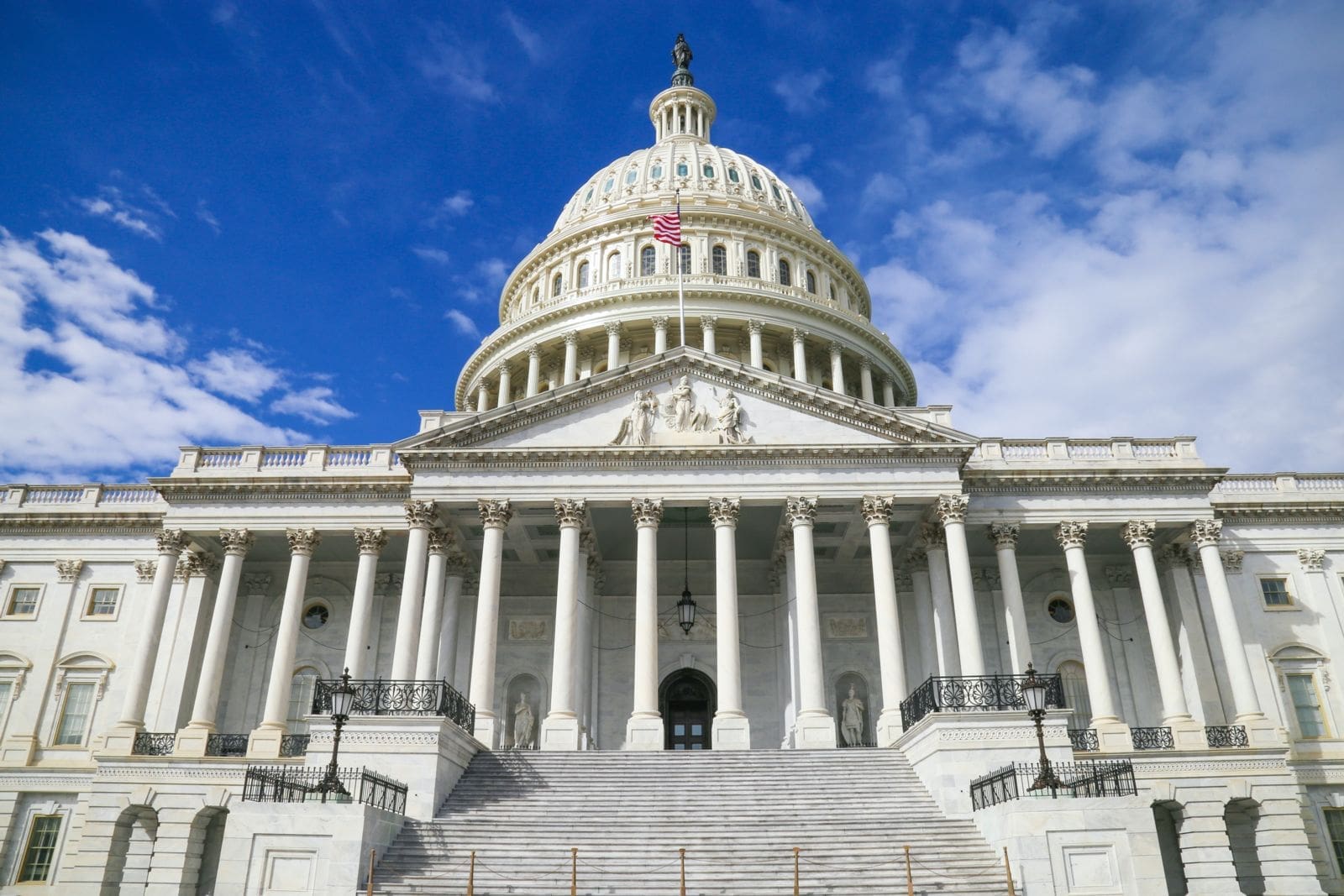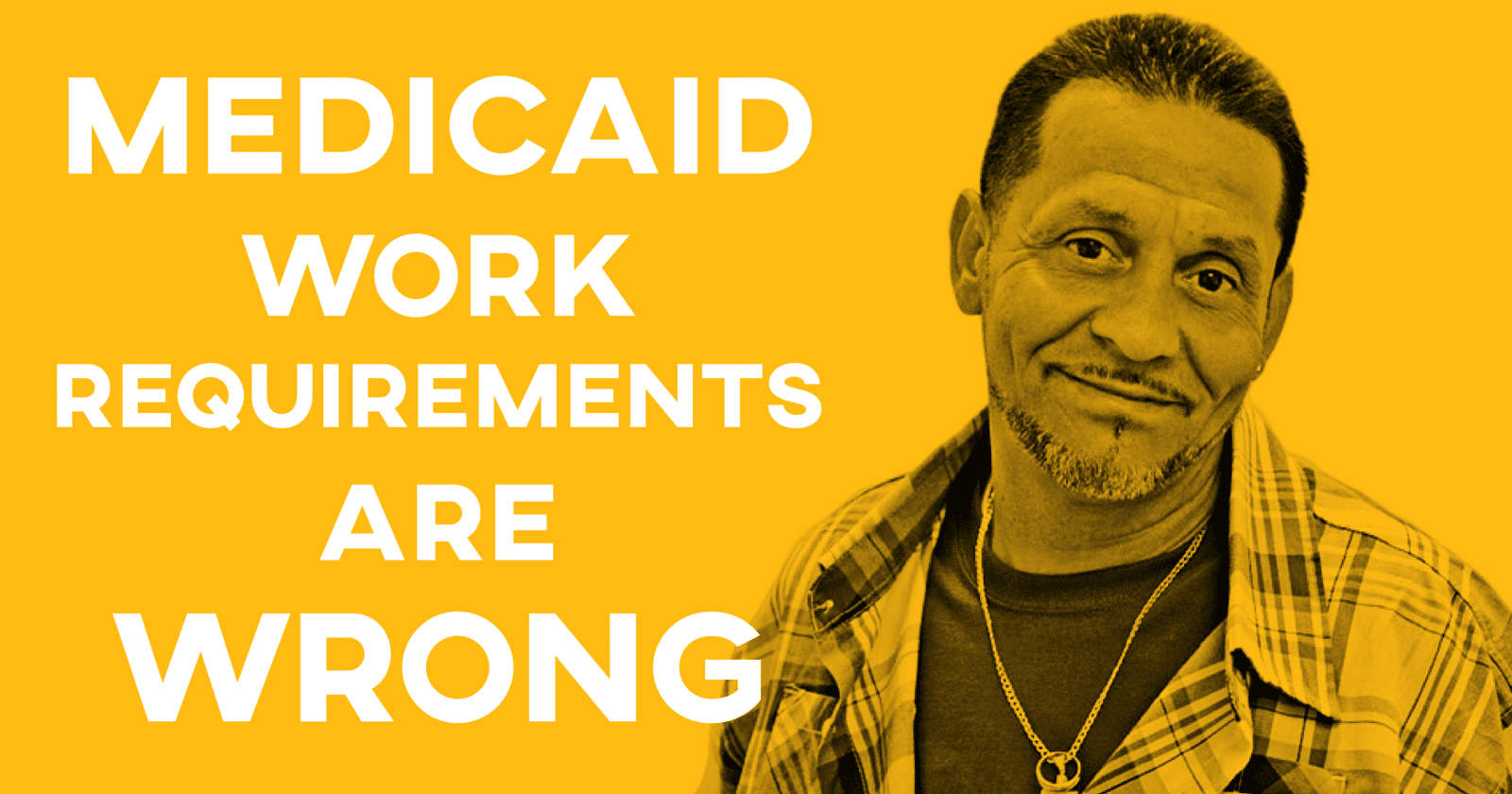By Cotrell Loftin
Jessica Glaspie and I met in a small Starbucks in Mundelein, IL, on a Sunday morning shortly after I returned to Chicago on a 6-hour overnight bus trip. The precious caffeine helped fuel both my energy and an incredible conversation. In recognition of National Women’s and Girls’ HIV & AIDS Awareness Day, Glaspie, a powerful advocate featured in a prior Inside Story post, agreed to share her advice for women disclosing their HIV status.
When Jessica Glaspie was diagnosed with HIV at 22 years of age, she didn’t know what it meant. She wasn’t yet educated on HIV. When she found the confidence to define living with HIV and disclose her status, her whole life took on new meaning.
There are many women living with HIV who have not yet decided to disclose their status. There are many reasons for this hesitancy but there are many ways to overcome them.
The first step: love yourself and your status
Glaspie says the first step toward disclosing your status is to become confident about it, to own it and to embrace it. As long as you are comfortable with it, Glaspie notes, others’ reactions to your status won’t matter as much. They’ll still matter, but they won’t make or break you.
Glaspie explains you must also decide whether it’s even worth it or necessary to disclose in certain situations. In the age of Tinder and online dating, reaching a second date in general has its own obstacles. Disclosing is a lot of trouble to go through for the date who stared at their phone the whole time and never responded to your texts afterward.
“I think you need to get to know somebody first because otherwise you’re wracking your brain over something that’s not even worth wracking your brain for,” says Glaspie. “Say you tell them, right? [It turns out] he wasn’t worth telling, but now he’s going and telling a million people. And then you’re going to feel some type of way about telling him in the first place.”
In short, unless you’re planning on entering a sexual relationship, there’s not as much pressure to disclose to anyone. Think of all the people you want to be allies and focus on getting comfortable with telling them.
Disclosing your status to a close friend or potential partner is not easy. We want people to like us, and we want the people who do like us to stay around. There are many people with bad intentions but with confidence about our status, we attract the good in people. The people who will wholly accept you regardless of HIV status and educate themselves about HIV and find the process worthwhile are out there.
You choose how to disclose
If you decide to disclose to family, partners, friends – what does disclosing look like? There is no one size fits all way to make disclosing easier and every way may not work for everybody. But there are many ways to share your status.
Though Glaspie disclosed to her family first her most powerful disclosure came through her poetry. After years of writer’s block the words flowed effortlessly in her car in the twilight of the life-changing morning she first disclosed publicly.
“On December 21 of 2015, I pulled up to work, and I sat in the car and I wrote a poem – what is it called, free hand? It was totally from my brain at like 7 in the morning, in my car, on a Facebook status. And I was going, and going, and going and then before I knew it – it was my whole story written in a span of two minutes, maybe,” she recounts.
Disclosure can be a powerful act but what if you’re just not ready or feel you have anyone in particular to disclose to? How can you disclose to yourself to begin picking up the pieces and taking control of your life?
Below are ways Glaspie disclosed her status and how others can gain the confidence to disclose. They may not all work for everyone but whether people are disclosing to others or working up the courage to “disclose to themselves,” there’s something for everyone:
- Discussing with family or friends
- Disclosing via social media
- Recorded or written interviews with the media
- Journaling/Writing
- Music
- Support Groups
- Writing it on a sheet of paper and burning it
- Saying it aloud to oneself
Disclosing for life
Disclosure can be empowering but doesn’t come without its share of cons. “Being a woman and being African-American, you already have your own stigma,” Glaspie acknowledged sternly. “Now to add to that, I have HIV and I didn’t have a degree and I was working full time.” Already disadvantaged, women can be intimidated by adding another “strike” to their record. But they’re not impossible to surpass.
Glaspie helped me see was that disclosure isn’t a one-time act. For many, especially those who become HIV advocates after learning their status, disclosure happens throughout their lives. And deciding again and again to challenge stigma by disclosing only inspires others facing the same struggles.
When I walked into the coffee shop that refreshingly warm February morning, I was greeted by the sight of Glaspie’s family – her two children and fiancé. Love and life are still possible and immensely valuable after you disclose your status. As Jessica said in our conversation, along with the people who will wholeheartedly support you, other people are going to have something negative to say regardless of how you feel. Choose life to embrace those who love you, and love yourself.



